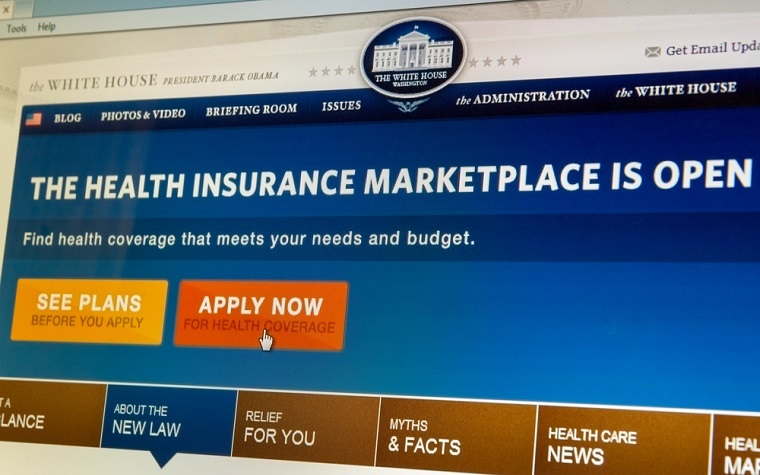
Republican representatives from Nebraska added their voices to calls for Affordable Care Act (ACA) reform after Blue Cross and Blue Shield announced that it will no longer cover individuals within the Obamacare exchanges.
Blue Cross and Blue Shield of Nebraska cited losses of $139 million since it started offering individual plans, citing the rollout of the act as the reason for withdrawing from the exchange.
This decision follows a pattern of withdrawals by the company in various states in recent months, including Tennessee and Minnesota.
“I am concerned about the families and individuals impacted by these changes,” U.S. Rep. Brad Ashford recently told Patient Daily. “This is continuing evidence that Congress must come together in bipartisan fashion to enact needed fixes to the Affordable Care Act.”
Blue Cross' decision to exit the on-exchange individual market now leaves two insurers in the state, Aetna and Medica. The company will continue to cover a small number of people with off-exchange individual plans.
Financial filings show that Blue Cross and Blue Shield of Nebraska had 64,900 individual members at the end of 2015, both on and off the exchange, according to Modern Health Care magazine.
“We have a responsibility to all our members to remain stable and secure, and that responsibility will be at risk if we continue to sustain losses due to our participation in the ACA marketplace,” according to a Blue Cross statement announcing its partial withdrawal from the Nebraska exchange.
Republican U.S. Rep. Adrian Smith said that when Nebraska’s largest insurer “must stop participating in the Obamacare marketplace due to losses totaling in the hundreds of millions of dollars, what more proof do we need Obamacare is not sustainable?”
“The president’s health care law has already hurt thousands of Nebraskans with the collapse of CoOportunity Health,” Smith said. “And now 20,000 more will lose coverage and have to scramble to figure out how to avoid tax penalties with even fewer choices. Obamacare is a failure, and Nebraskans cannot continue to shoulder its consequences. We need our next president to work with Congress on our plan to give Americans more health coverage options while reducing costs and returning decisions to patients and their doctors.”
Steve Martin, CEO of Blue Cross, told The Omaha World-Herald that the company has lost $140 million on the exchange policies since 2014. If the trend were to continue, losses could total $250 million by the end of 2017, he told the newspaper.
Martin added that too often federal officials let people buy insurance just before they are due to receive an expensive health treatment, and then drop their coverage immediately afterward. As a result, many enrollees pay no premiums when they are well -- only when they are sick.